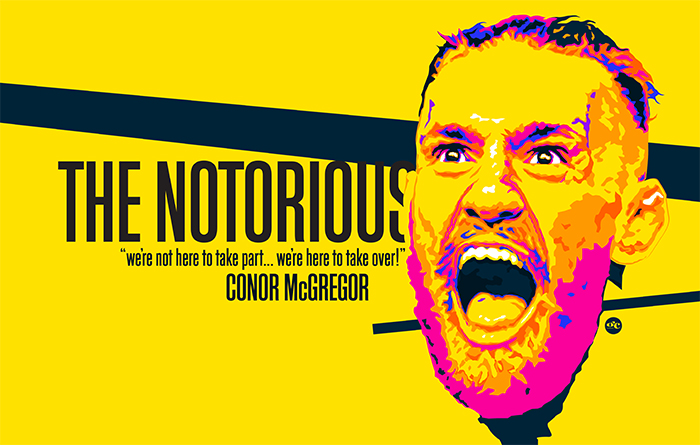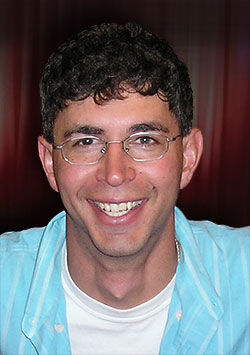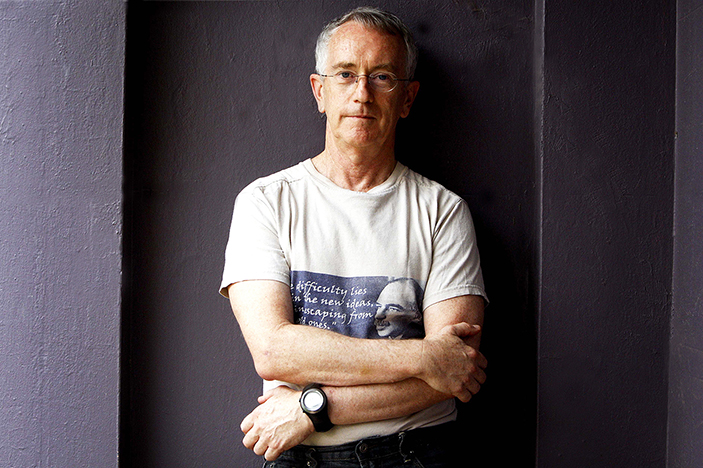019: Mark Thornton on the Decriminalization of Marijuana and the Skyscraper Curse
This is the part 2 of an interview with Mark. Part 1 can be found as episode 18 on iTunes, Stitcher Radio or at www.economicrockstar.com/markthornton
Mark has withdrawn himself from politics and concentrates now on education, primarily of the general public because the Austrian perspective says:
the world works according to the ideology of the masses so we have to change that mindset of the masses before we’re ever going to get political reform of the type Austrians would like to see – Dr. Mark Thornton
In this episode, you will learn:
- a little about Dr. Mark Thornton’s ancestral history.
- Mark’s views on why Ron Paul should be the next US President or even the Speaker of the House of Representatives.
- the Skyscraper Index and how a correlation exists between a record-setting height and a global economic crisis.
- how Mark predicted the economic crises from 2007/08.
- how the ending of the alcohol prohibition in 1933 cut homicides by 50% and how the countries can learn from this with the drugs industry.
- the social-economic benefits of the decriminalization of drugs in Portugal.
- the benefits of marijuana and why it should be legalized.
The Skyscraper Curse: How a Record-Breaking Skyscraper is Ominous for an Economic Crisis
There appears to be a correlation between record-setting skyscrapers and world economic crises (Table 1 below). There may not be any rational reasoning as to why this correlation may exist but it has implications of the Austrian Theory of the Business Cycle.

Source: Thornton, M. (2005). Skyscrapers and Business Cycles. The Quarterly Journal of Austrian Economics, 8 (1): 51-74
Mark, in his writings, outlines the theoretical reasons and history of why the Skyscraper Index and crises are related. He also explains why it takes artificially low interest rates by the central banks to cause prosperity, speculation and exuberance which leads to record-setting skyscrapers.
In 2006, the Burj Dubai Tower in the Middle East set the record for the highest building in the world. This skyscraper wasn’t open to the public until 2010, but the record was set in 2006.
The Skyscraper Curse is great tool to see what’s going on in the most significant bubbles and busts over the last 100 years. The diagram below shows the tallest buildings at Mark’s time of writing in 2004/05. He has highlighted the correlations between the record-setting heights and the economic crises that followed. In Table 1 above, Mark questioned whether the next tallest building was to occur in China. In hindsight, the Burj Dubai Tower set the record in 2006 signalling the Great Recession. China is currently building 40% of the world’s skyscrapers. It had planned to build the tallest building in the world, reaching 838 metres, 10 metres higher than the Burj Dubai Tower. This was planned to be completed in 90 days. However, building has been postponed until safety examinations have been passed and building permits gained. Is China postponing its inevitable economic crisis?

Source: Thornton, M. (2005). Skyscrapers and Business Cycles. The Quarterly Journal of Austrian Economics, 8 (1): 51-74
The Economics of Prohibition and The Case for Legalizing Drugs
In the 1920s, the US government introduced The Prohibition on the manufacture, trade and consumption of alcohol. Consequently, there was an upsurge in the illegal manufacture and distribution of alcohol, creating a black market economy and the formation of mafia gangs. Crime and homicide rates increased.
In his book, The Economics of Prohibition, Dr. Mark Thornton takes a look at the consequences of todays prohibition – that of drugs – and how this has impacted on the economy, the counterfeiting of money and the lives of people.
By 1933, murder rates in the United States doubled to 10 in 100,000 of the population. When Prohibition did come to an end then, the murder rate fell back to normal levels of 5 in 100,000. There were virtually no organised crime outside New Orleans and New York City prior to The Alcohol Prohibition but it was everywhere after prohibition was put in place. By repealing prohibition, organised crime was reduced. Crime, corruption and bribery was and still is greatly enhanced by prohibition.
Today we see the same thing in the United States, most prominently in Centra America and South America where the drugs are grown, manufactured and transported to the US and Europe. Drug traffickers use Mexico, the land bridge of South America, to bring drugs into California and Texas and the murder rate in these states have increased substantially.
Civil societies in countries such as Nicaragua, Guatemala and Honduras have broken down completely. The drug gangs and drug cartels dominate those areas and they either bride the politicians, police and military or they threaten them. It has come to the point that young children are emigrating from Central America to the United States through Mexico given how bad the situation is for them and their families.
Mark is in favor of decriminalising and legalizing drugs which would have the effect of reducing organised crime, corruption and bribery. Portugal, for example, have decriminalised all drugs and have experienced improvements in all social indicators. There is less drug abuse, less needle-bourn diseases, less addiction, less drug consumption and less crime.
Marijuana is now legalized for recreational use in four states in the US, including the District of Columbia where Washington is. It can be used for medicinal purposes, in industry and in textiles and has many commercial uses. People’s ideology about marijuana, the prohibition and the war on drugs has changed.
Close to 80% of Americans support legal medical marijuana in the US.
Books and Papers by Mark Thornton:
- Housing: Too Good to be True (2004) by Dr. Mark Thornton [FREE Download]
- Skyscrapers and Business Cycles (2005) by Dr. Mark Thornton [FREE Download]
- The Economics of Prohibition by Dr. Mark Thornton
Where To Find Mark Thornton:
- Website: Mises.org
- Twitter: @DrMarkThornton
- Facebook: Mises Institute
- LinkenIn: Friends of Austrian Economics and Mises Institute
Podcast: Play in new window | Download
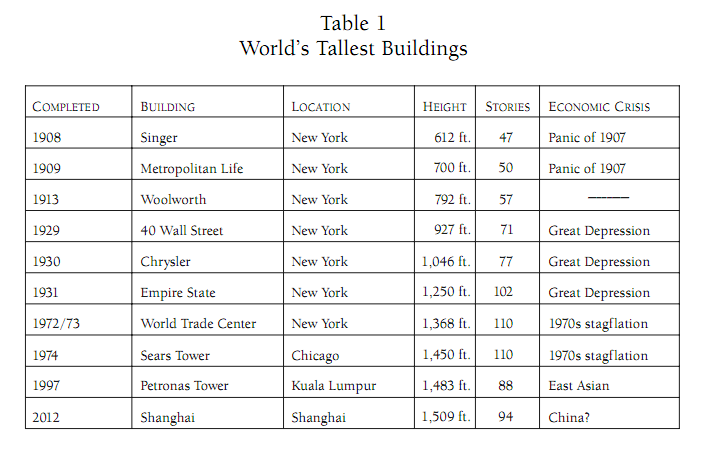

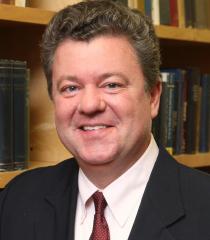
 Dr. Mark Thornton is an economist who lives in Auburn, Alabama. Mark is Senior Fellow at the Ludwig von Mises Institute and serves as the Book Review Editor of the Quarterly Journal of Austrian Economics.
Dr. Mark Thornton is an economist who lives in Auburn, Alabama. Mark is Senior Fellow at the Ludwig von Mises Institute and serves as the Book Review Editor of the Quarterly Journal of Austrian Economics. 



